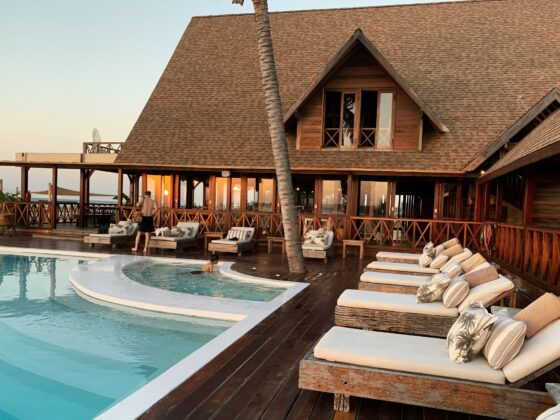
Global hotel rates are forecast to continue rising in 2025, but price increases will moderate compared to the steep rises of recent years, thanks to easing leisure travel demand and a surge in new hotel construction.
These new insights have been revealed by the consulting team at American Express Global Business Travel (Amex GBT).
Amex GBT’s Hotel Monitor 2025 report offers detailed predictions for more than 80 major cities worldwide, analysing hotel transaction data and factoring in local and macroeconomic variables including International Monetary Fund (IMF) data. Forecasts for key business travel destinations include:
New York continues to experience higher rate rises than the rest of North America, in part because of the continued block on the use of short-term rental accommodations.
Cities in the Nordics are anticipated to see some of the highest room rate rises in Europe, as the region looks forward to improved economic prospects in 2025.
India’s dynamic economy is fueling demand for domestic and international inbound travel, putting upward pressure on hotel rates.
Dan Beauchamp, vice president, consulting of Amex GBT, said: “Stabilisation in the travel marketplace is good news for customers, but prices remain high, and challenges persist for companies managing a cost-effective corporate hotel program.
“Data-driven decision-making is essential for smarter hotel sourcing, as is effective communication – maintaining open, ongoing dialogues to build stronger relationships with suppliers.
“Travel buyers can benefit from creative sourcing strategies, such as negotiating multiple room types, keeping an open mind on dynamic rates, and using TMCs’ negotiated rate programs to boost coverage in secondary and tertiary cities.”
Key trends found include while the IMF expects global inflation to fall in 2025, hotel rates are likely to stay high due to labor shortages and rising wages. Supply is boosted by a boom in global hotel construction, with new developments concentrated in the US, China, India, Canada, and Saudi Arabia.
Technology is transforming hotel operations and guest experiences, helping hotels manage labor shortages. AI-powered tools streamline tasks like room assignments, allowing staff to focus on guest interactions. Smart room technology is enabling travelers to tailor the in-room environment to their needs and preferences.
It identified that guests now see rooms as personalized retreats, driving demand for custom features and wellness options. Hotels are responding with offerings such as in-room fitness equipment and workout clothes.
Sustainability is another key focus, with access to the relevant data now essential to meeting both traveler and corporate sustainability goals.
Finally, extended-stay properties are growing in popularity, especially in Asia, reflecting demand for flexibility and longer trips.








